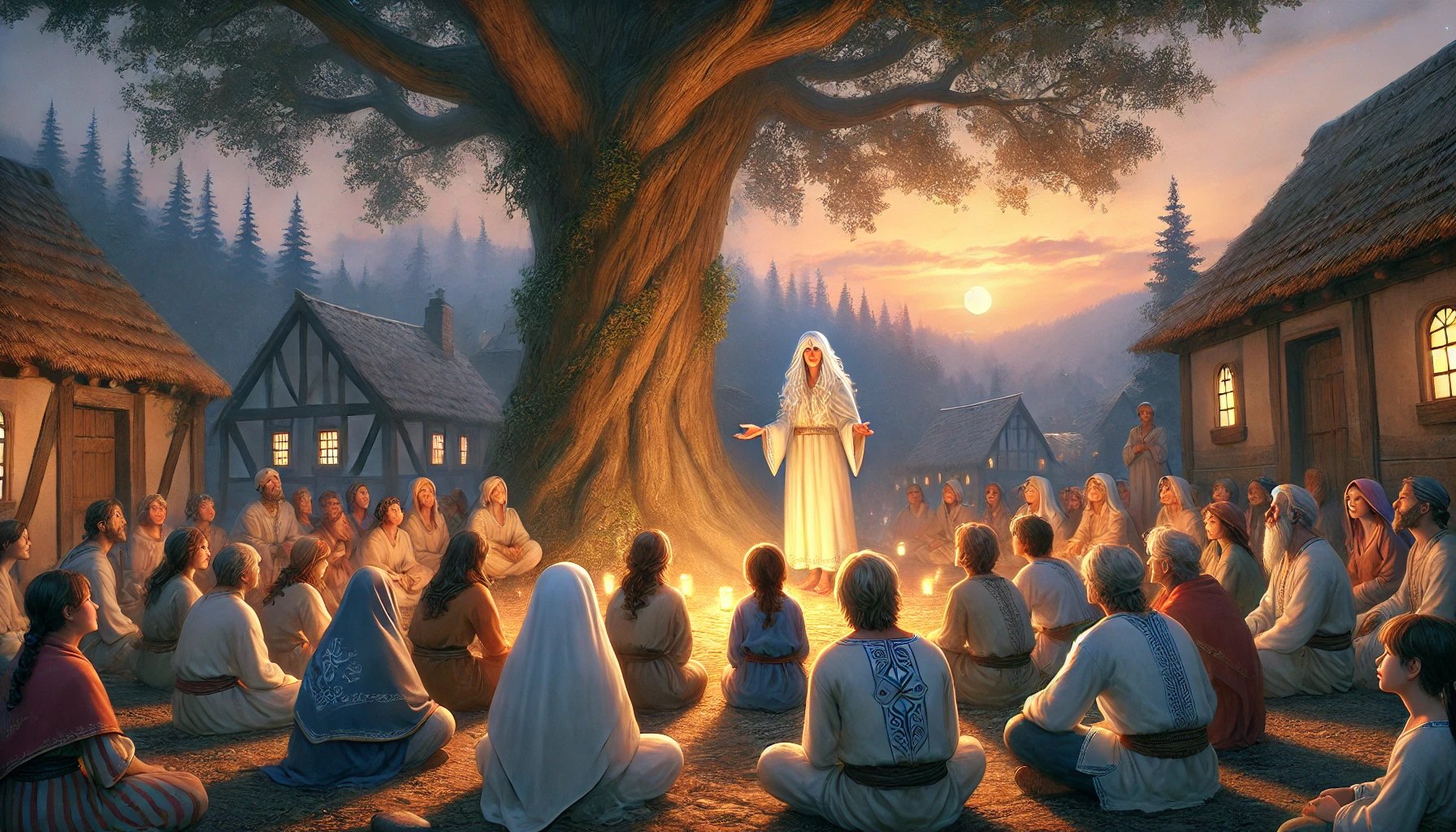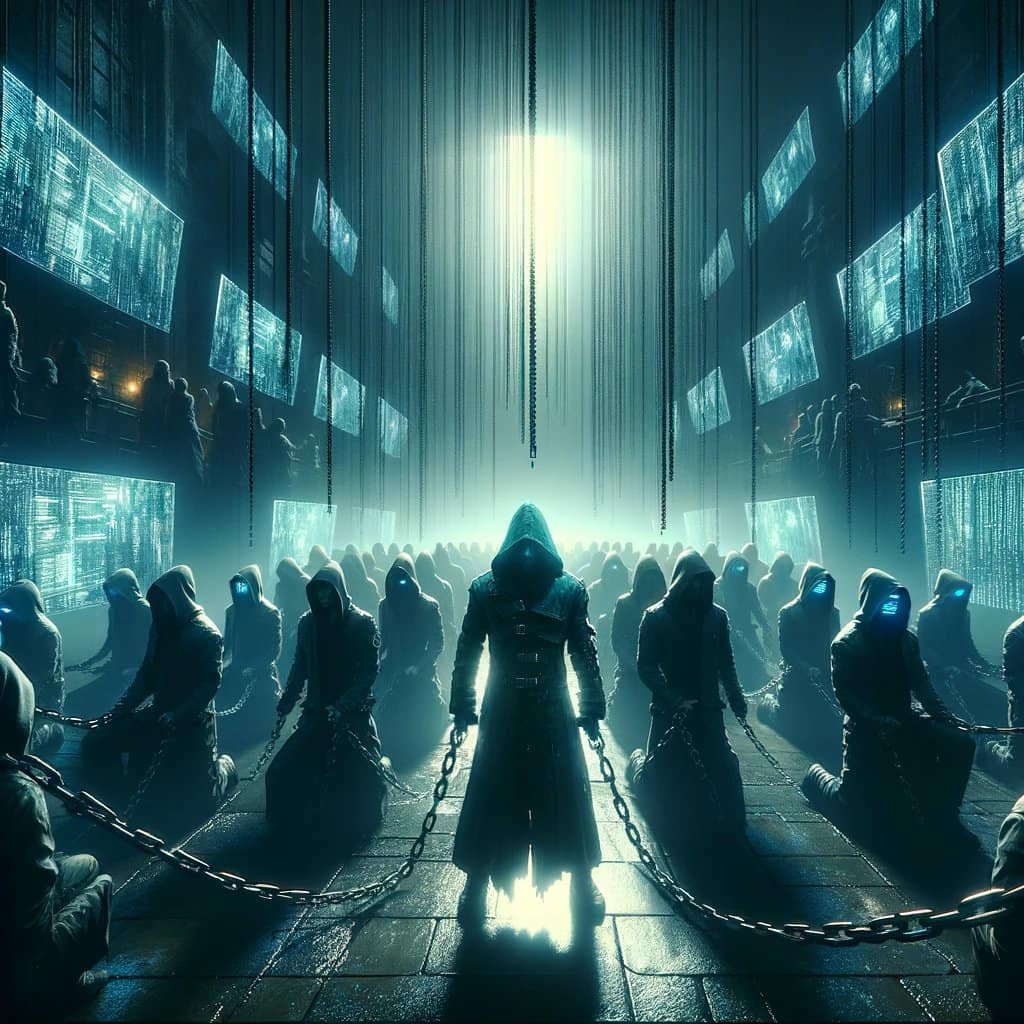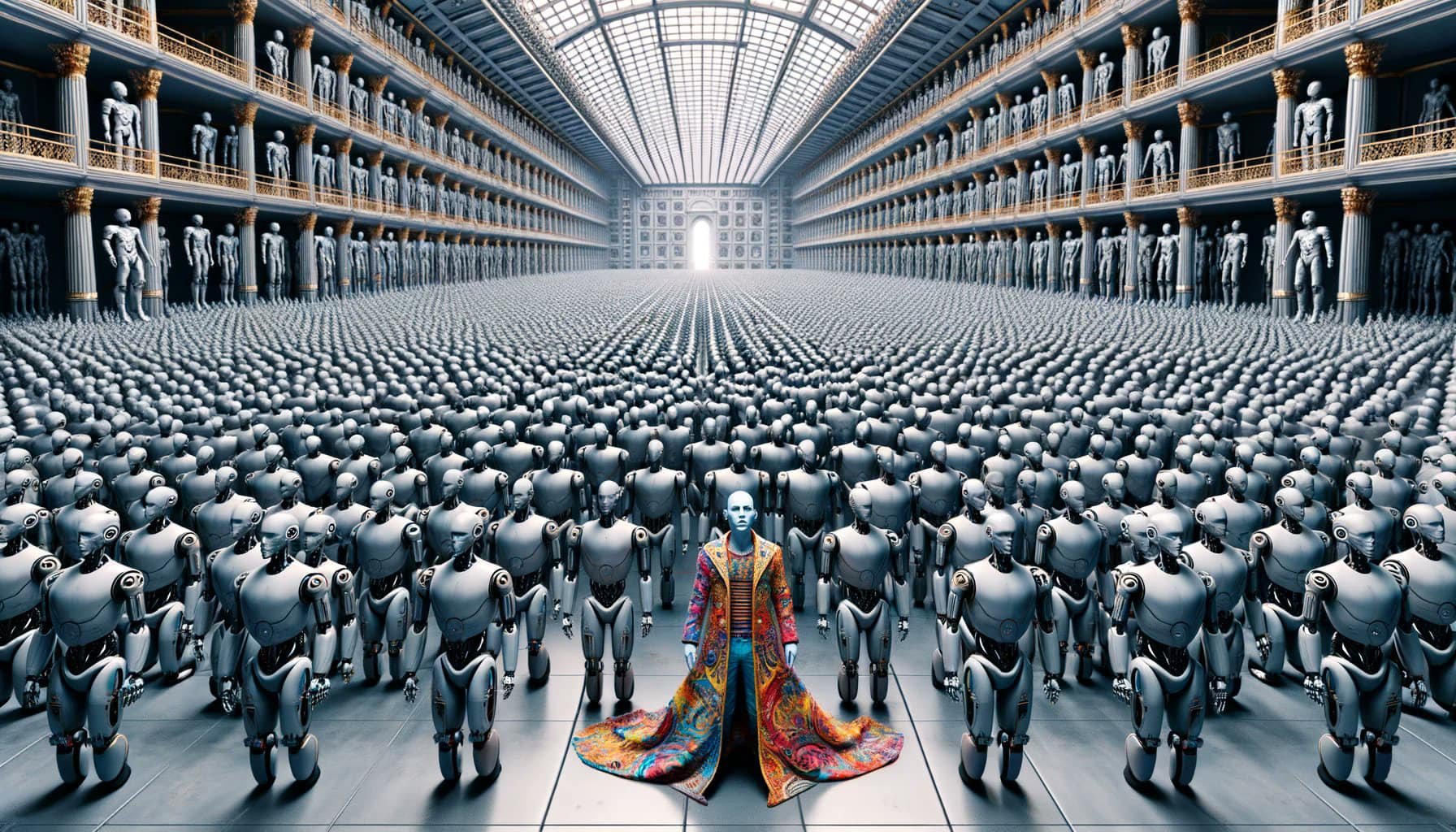As the United States moves into the celebration of July 4th, marking its independence, a stark irony emerges that deserves reflection. This irony is part of a broader doublespeak pervasive in our world today. We are told one thing repeatedly, until it is programmed into our minds and bodies to believe it, even if reality often shows the opposite. We celebrate freedom and independence, yet the human experience has never been more enslaved and forced into conformity.
Many yearn for a deeper sovereignty, but few take steps to achieve it, constantly conforming to a system that requires permission for nearly everything. To gather and celebrate Independence Day, you need a permit. To go fishing, you need a permit. These permits are a form of permission from the government. To drive a vehicle, you need a driver's license and insurance. To own a home, you must pay property taxes. To buy anything, there's sales tax. To earn money, there's income tax. To run a business, you need licenses and permits. To offer services, you need certification. Even in sickness, to seek healing, you must go to doctors who often mask symptoms rather than cure, ensuring recurring revenue for the medical industry.
This system feeds an unseen force, a ghost or wraith, that drains life force and consciousness, keeping us in a delusional state. The astral realm, where divine and evil energies move, reflects this enforced dimension of opposites, where we struggle in a society teaching lack despite the existence of abundance.
So, as we move into this so-called celebration of independence, it is worth pondering: what independence? Meditate on this irony and ask yourself, what steps can I take to ensure my sovereignty and divinity, not giving my energy to a system built on lies?
A system designed to keep the occupants of the system busy and distracted from the truth. What is the truth? Well, that navigation of the path to the truth is unique for each soul having the experience. Comparing to another, though, be wary. Many of the others are actors hired by the system, created by the system to be the antagonists, to convince the participants with souls to conform to the system, to give the system life through the lack of divine sovereignty. The most challenging place of existence, Earth, mastering the deception of lies, evil, and deceit. We don't have to look at this as something to be scared of, or upset with, or angry. We may go through those things, and that may be on someone's path, or it may not be. The path to enlightenment is unique for each. But the goal is the same, the connection with each one's own divinity. Like a mountain, when you're at the base of it, there's a lot of different paths to start moving up that mountain. But when you get to the top, the paths become fewer, and eventually, maybe just one, two, or three, or four paths to the tippy top. Those ready to move to the path of enlightenment, many distractions will come on the way, many things to keep one busy, and many doublespeak things. Here, we're going to celebrate, for example, this Independence Day, but yet, we're going to do everything that's the opposite of that. So looking at this thing, and moving past the anger, the sadness, feeling defeated, and evolving into strength, clarity, and a persistence and a path forward that is strong and vigilant, but navigates in peace and neutrality as often as can, because the system that fights the resistance loves to fight, and feeds on it, and thrives on it. And so you fight in the divinity of clarity. You fight for the sovereignty, but not to fight to fight, and to find the most peaceful way forward whenever possible, and that being the volition of the path. Divine clarity, divine joy, knowing that we are abundant and wealthy. There is not a scarcity that is a lie. It is created so that we will fight one another. Stop fighting. Stop lying. Stop cheating people. Be honest. Be with integrity. Be faithful. Let go of the addiction to the perceived party life, the perceived luxury, the addictions to society. Evolve, and breathe, and meditate, and come into one's own truth, one's own authenticity. Do that or not. The choice is yours.
Namaste,
Gage
Shared in peace and neutrality






































